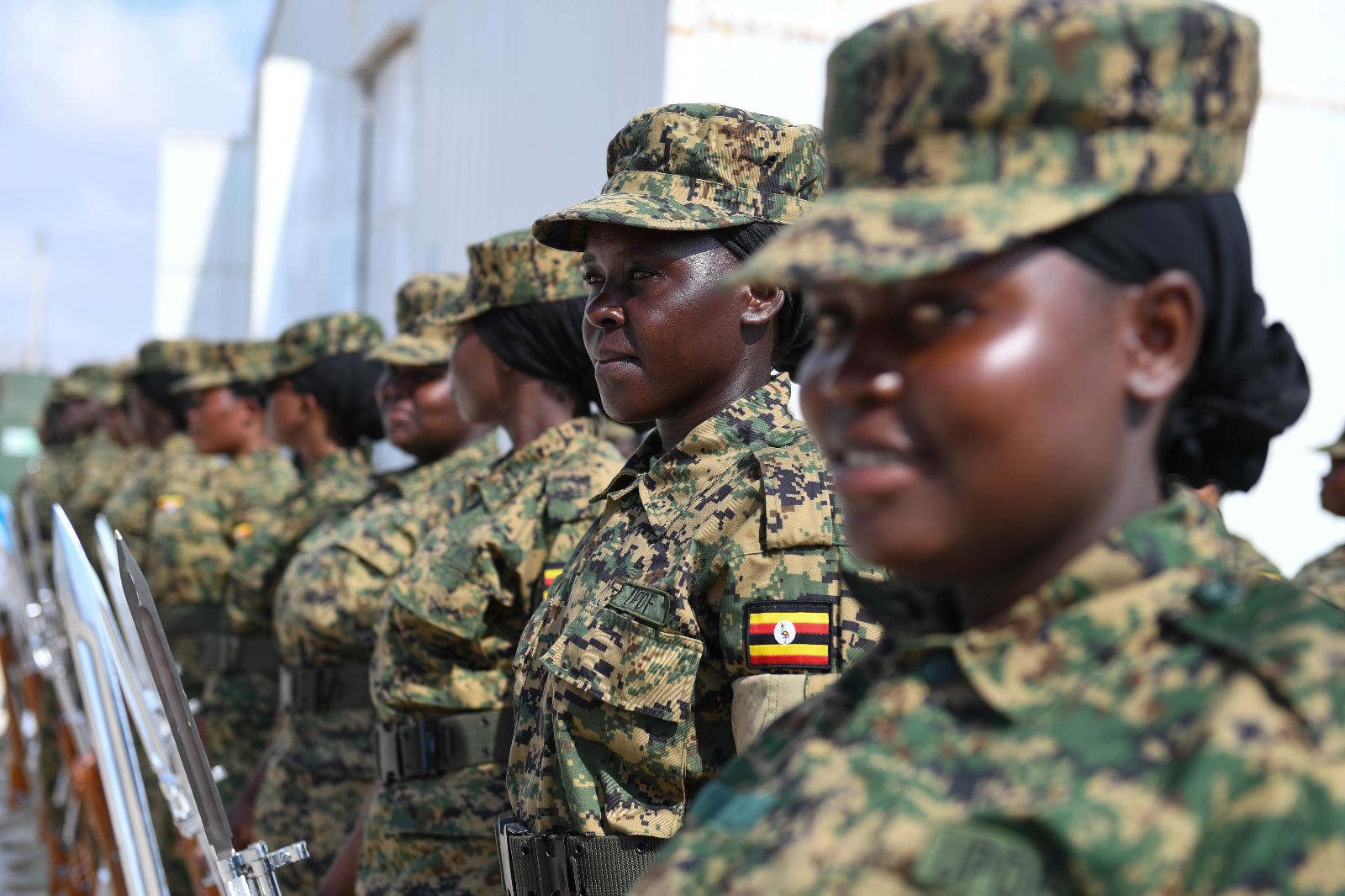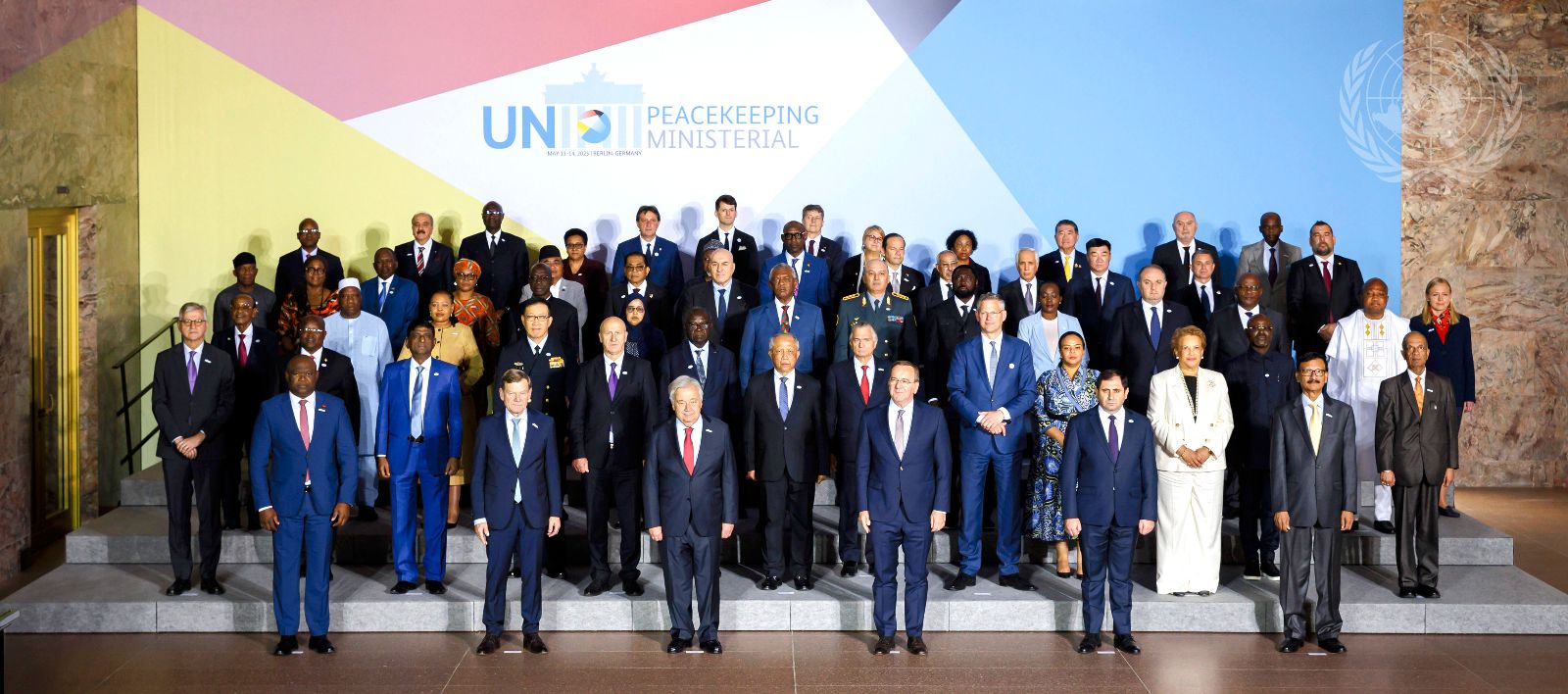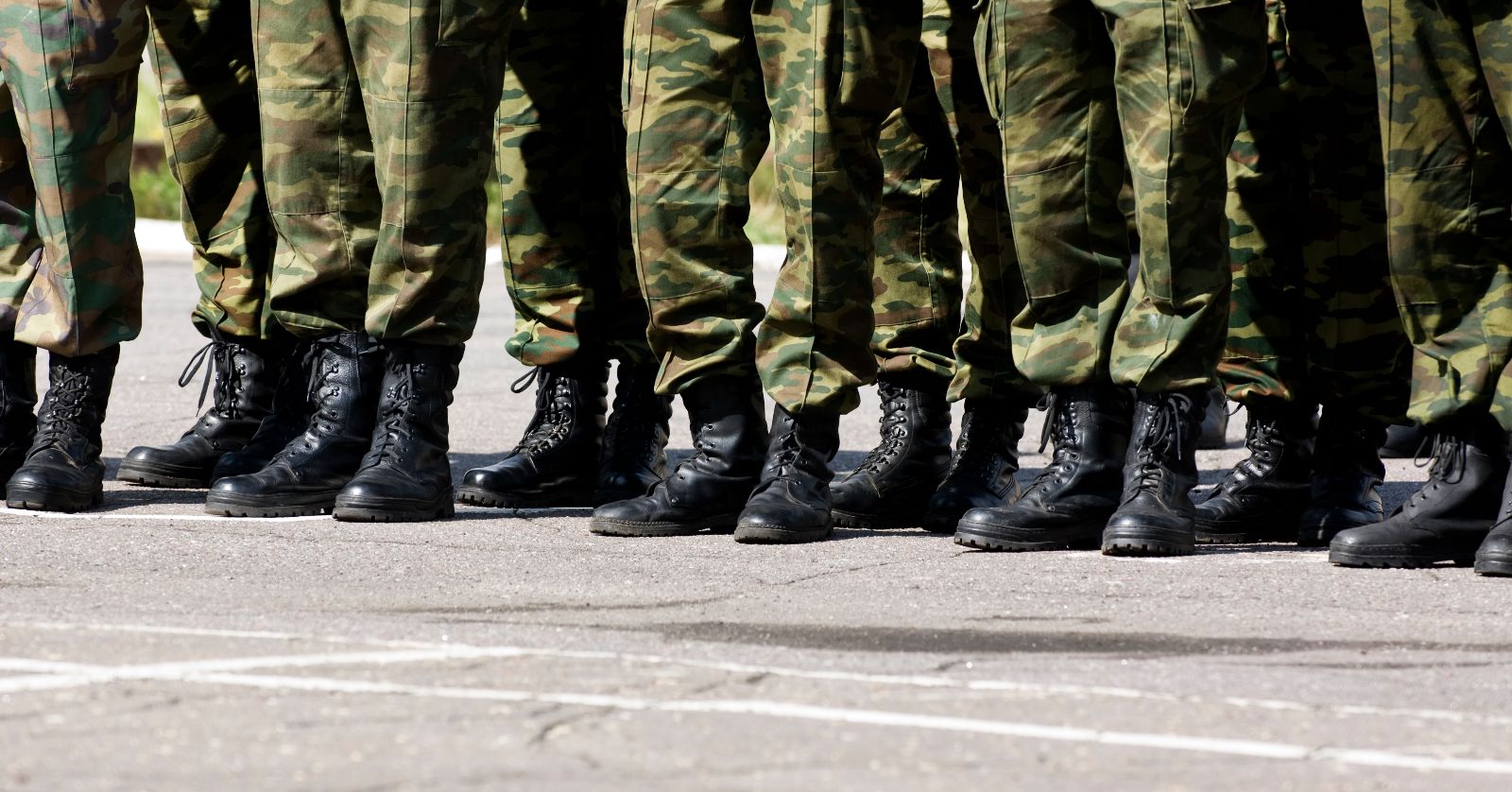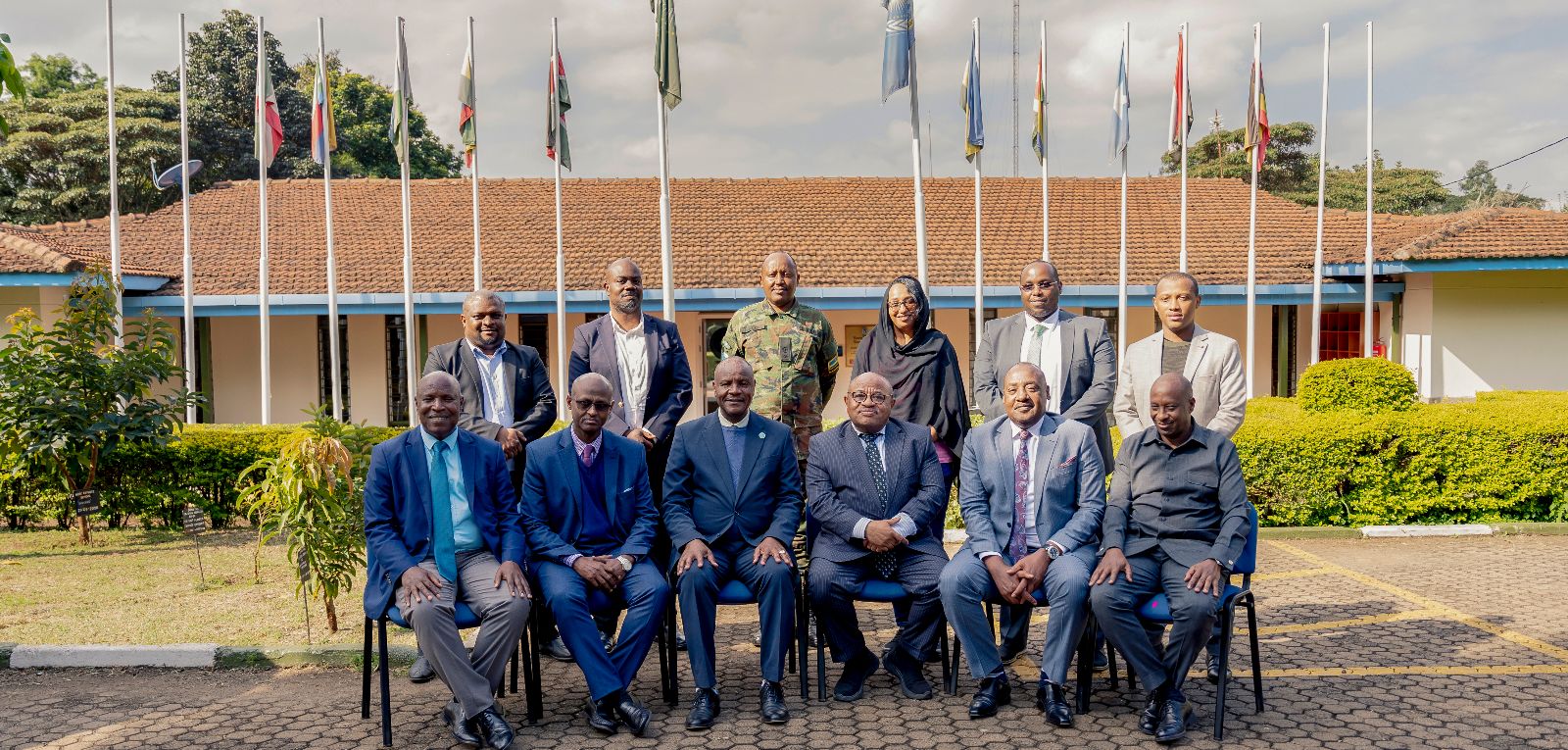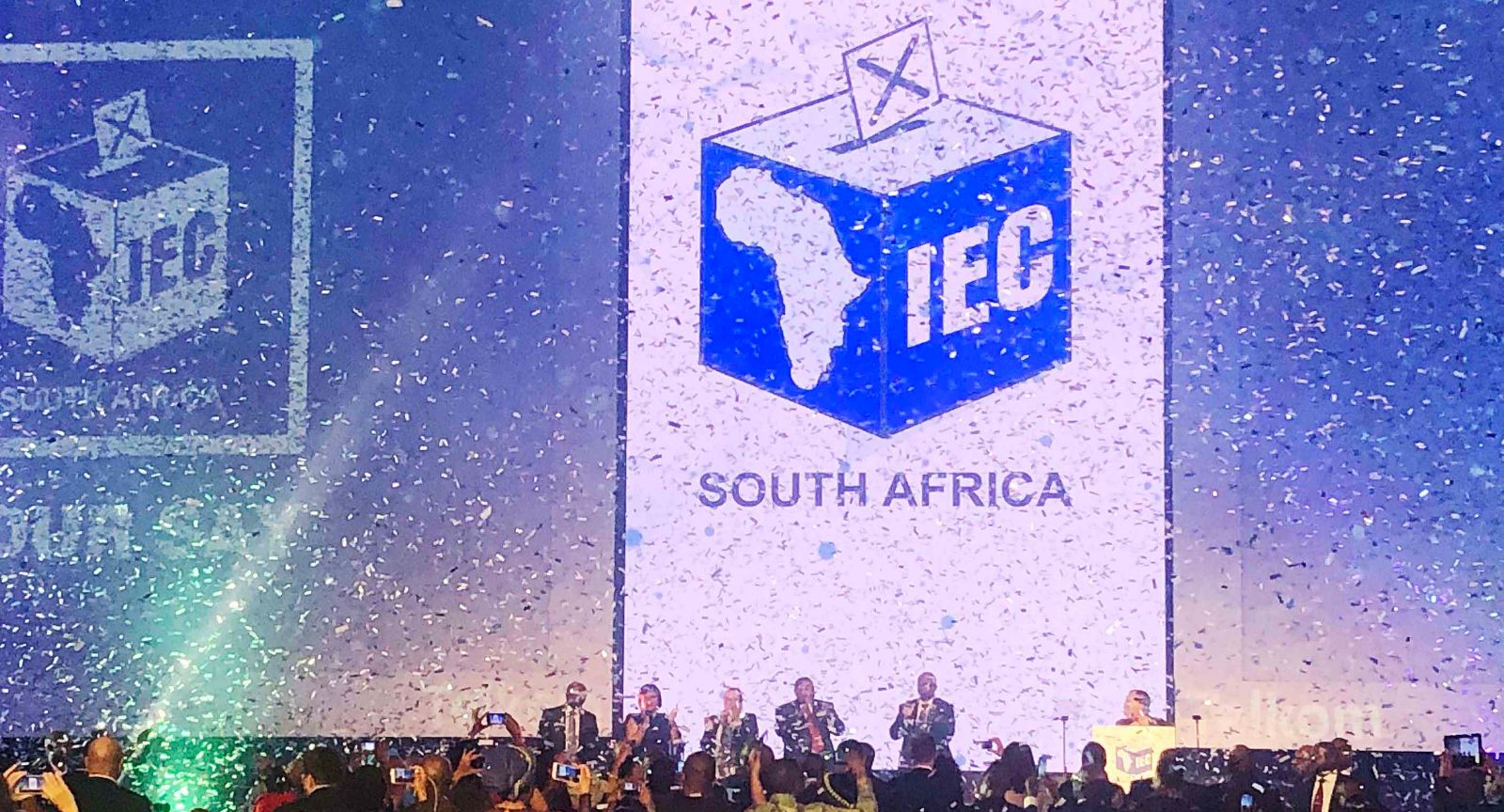This month’s Monitor begins with a focus on peacekeeping in Africa. Andrea Prah writes about the future of United Nations (UN) peacekeeping following the recently concluded Peacekeeping Ministerial hosted in Germany. Her article looks at the future of peacekeeping in Africa in the light of changes taking place in the global community, regional peace operations and challenges to reform the current multilateral system.
Staying with peacekeeping, Cedric de Coning then writes about the possibility of a ceasefire between Russia and Ukraine and the peacekeeping experience that Africa can offer. Before peacekeepers can go in, technical elements of an agreement between the two countries needs to be agreed upon, but African peacekeepers monitoring the agreement may be acceptable to both sides, opening up a role for Africa in the conflict.
The third article in this edition is from Abraham Ename Minko who discusses the African Standby Force (ASF) and its role in the context of the current conflict in Sudan. The ASF is yet to be deployed and faces numerous challenges, such as insufficient funding and regional economic communities tending to prefer regional interventions instead of those led by the African Union. This article discusses these challenges as well as the possibility of the ASF playing a role in the ongoing conflict in Sudan.
Finally, Boikanyo Nkwatle writes about electronic voting in South Africa. The Independent Electoral Commission of South Africa (IEC) is currently exploring the possibility of introducing electronic voting into South Africa’s electoral processes. Boikanyo discusses the benefits and drawbacks of electronic voting, and the process that IEC is currently undertaking to solicit public opinion on the introduction of changes to the current voting system.

